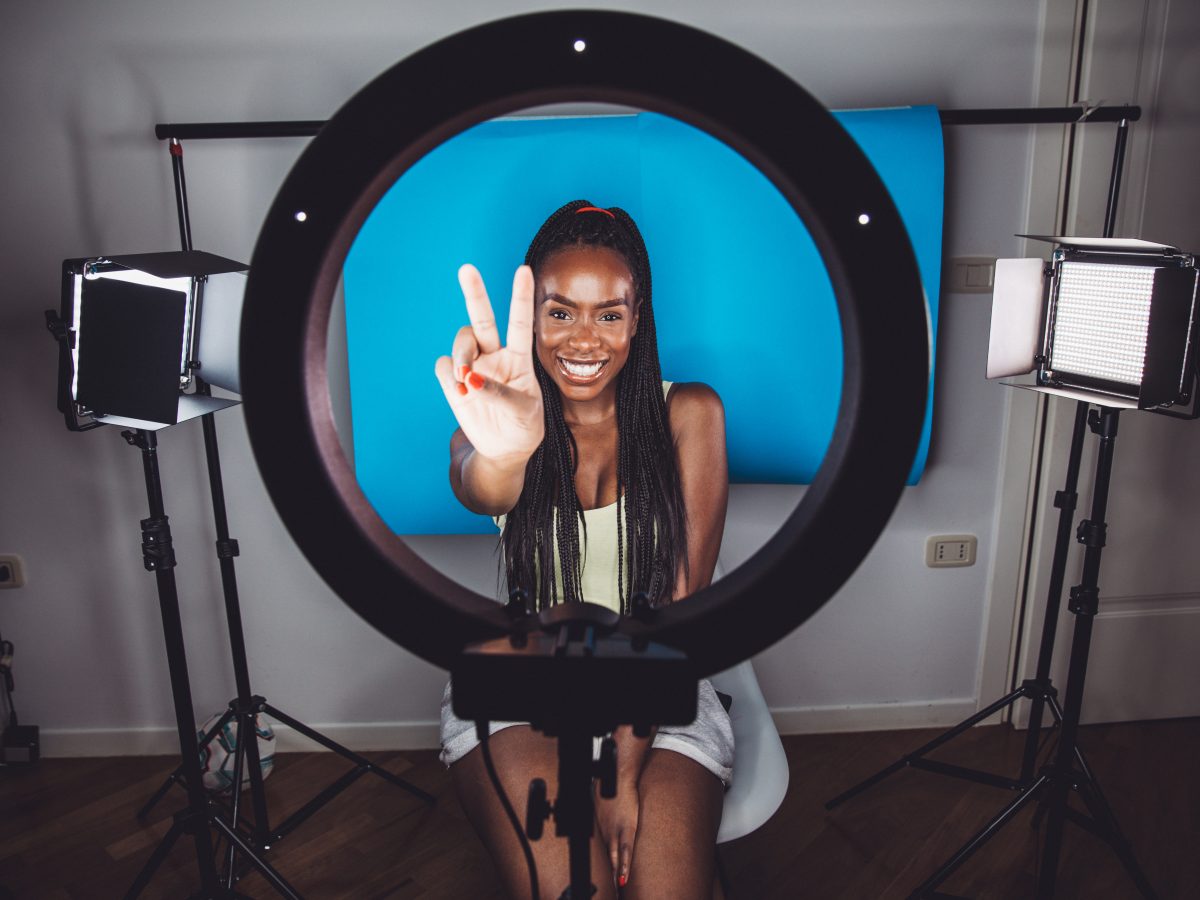
Whether you’re someone with a small social media following or a huge audience with endorsement deals, posting online opens you up to public opinion.
In the earlier days of influencers on platforms like YouTube and Instagram, there were clearer boundaries around their personal lives. Their focus stayed on content — makeup tutorials, cultural commentary, and sketch comedy. Public forums stemming from this content typically carried a positive sentiment, which helped creators grow. But what happens when the power of feedback shifts?
The early era of influencer and celebrity brand management was all about air-tight image control. To avoid jeopardizing partnerships, many creators stayed firmly in their lane of expertise. For instance, when Jeffree Star faced extensive criticism, it highlighted just how fragile public perception could be. Influencers often surrounded themselves with peers on similar journeys — LaToya Forever collaborating with Shameless Maya, Tre Melvin teaming up with TPindell, or the YouTube Sisterhood featuring OG Black Beauty creators like Missy Lynn, Jayla Koriyan, Raven Elyse, Vicky Logan, LaKia Star, and Ashley Devonna.
Today, things look very different. Influencers often face more negative than positive feedback — from a simple thumbs down to harmful, hateful comments. As social media expanded, audiences grew more comfortable voicing opinions, and influencers became more accessible.
This shift is complicated by stan culture, where fans defend their favorite stars at all costs. In the Black community especially, fan bases for artists like Beyoncé and Nicki Minaj have both uplifted and empowered supporters while also fueling cyberbullying — sometimes even spilling into real-world harm.
Many assume influencers are distant or immune to online hate, but they’re human too. A 2022 study by the Association for Computing Machinery found that 95% of content creators recalled experiencing harassment. Over a third said it was a regular occurrence, and nearly half had stepped away from their platforms to cope with stress or mental anguish. While some brush this off as “part of being in the spotlight,” the truth is that words can hurt.
Audiences now hold influencers and brands accountable in a way we didn’t see before. This has created a sense of empowerment for consumers, who believe their voices matter. For example, when Keke Palmer invited Jonathan Majors on her podcast, backlash over the actor’s assault allegations led her to pull the episode before it premiered.
Public critique now often centers on values and ethics. The tension between Cardi B and influencer Samyra reflected this — Cardi’s comments about plus-size fans were seen by some as offensive, while others argued Samyra overstepped by inserting herself into the conversation. The split perspectives showed how accountability debates are rarely clear-cut.
At the same time, celebrities have begun holding audiences accountable, pushing critique back onto consumers themselves. It’s clear that criticism now flows both ways. As a digital society, we’ve matured beyond silence and status quo — but new questions remain. In our pursuit of accountability, are we pushing too far, or not far enough?